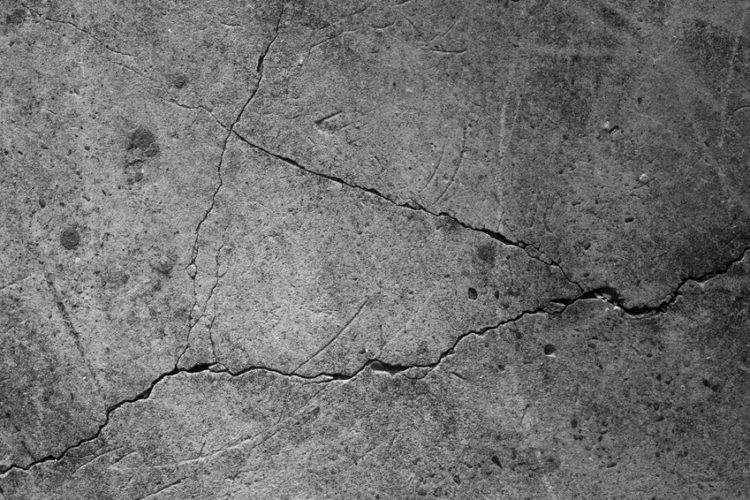The concrete industry in the U.S. is valued at more than $37 billion, and for good reason. Concrete is used in all areas of life, from basic building foundations to artful decorations. Despite our reliance on this strong and durable material, most people know very little about it; as a result, several assumptions and misconceptions have arisen regarding concrete companies and concrete contractors. Let’s bust some of the most prevalent myths out there today.
MYTH: Concrete Is Always Gray In Color
Most people only see concrete in its most basic form (as flooring or internal structural supports), or while it’s being made. Since it appears gray and dull in both of these situations, it’s easy to assume that it always looks like that; that’s simply not true. Many people use polished concrete in their homes that is striking; mineral colors are added while the concrete mixture is still wet and blended in to give it a different color as it hardens. As a result, concrete can appear quite beautiful.
MYTH: Concrete And Cement Are The Same Things
These terms are frequently used interchangeably, but they define very different things. Cement is actually one of the main ingredients in the mixture that creates concrete; other ingredients include water, aggregates (such as sand or crushed gravel), paste, and additives.
MYTH: Concrete Is Impermeable
We view concrete as this completely sealed material that can tolerate moisture and other liquids without breaking down. In fact, even the densest types of concrete are porous; this means that water and other substances can pass through the material. How long it takes for them to penetrate depends on the concrete’s density — it may seep through in a few minutes or take months. Regardless, water damage is something that can occur to all kinds of concrete.
MYTH: Concrete Can Be Laid Any Time Of Year
The durability of concrete depends on what it’s made out of and how it was made. It needs to be poured and cured under certain conditions; if you try to lay concrete when the temperature is below freezing or when it’s scorchingly hot, the mixture may not harden properly. For best results, most concrete contractors will recommend doing it in the mild seasons of spring and fall.
If you have any questions regarding concrete in your home or workplace, it’s always a good idea to reach out to a cement contractor or concrete contractor. They’ll be able to put their expertise to work helping you either understand or fix the issue.



